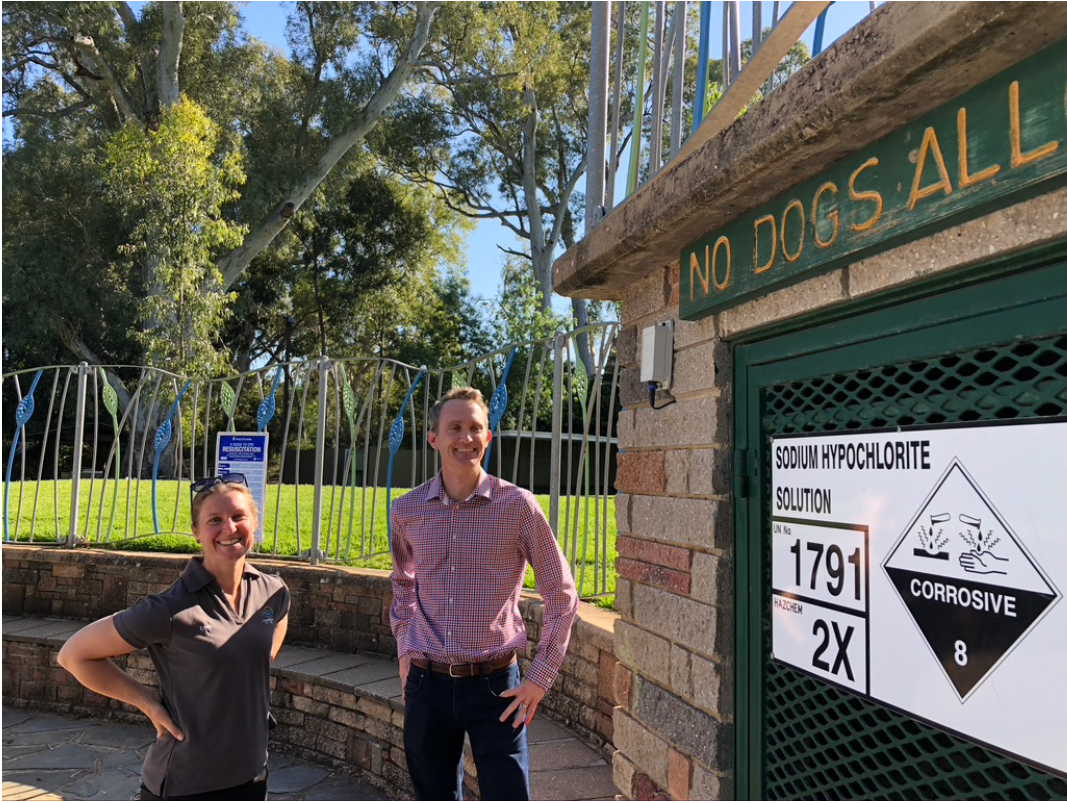Sustainability and expansion of the Connected Cities Sensor Network

This project's final report and evaluation was completed on 30 June 2021.
Project summary
Connected Cities is a SA metropolitan wide area low powered sensor network. It has been developed by five councils and the University of Adelaide, with funding from the Commonwealth Smart Cities and Suburbs Program.
This sensor network (now live) spans across eastern, western and northern Adelaide covering at least 35 per cent of the metropolitan area. It consists of ten LoRaWAN gateways across Burnside, Campbelltown, Prospect, Port Adelaide and Playford.
Each of the councils has developed use cases including;
- People counting in parks, to assist with master planning and asset management, and
- Environmental sensors and smart bins to improve maintenance, and smart parking sensors.
The aim of this project to research management models for sustainability and expansion of the network and links with the Universy of Adelaide's Network.
The group has now grown and includes over a dozen councils contributing to the project including
- Adelaide Hills Council
- Town of Gawler
- City of Playford
- City of Norwood, Payneham and St Peters
- City of Marion
- District Council of Mt Barker
- City of West Torrens
- City of Tea Tree Gully
- City of Salisbury
- City of Holdfast Bay
- City of Burnside
- City of Port Adelaide Enfield
- City of Charles Sturt
- Campbelltown City Council
- Town of Walkerville
This project has resulted in the installation of 27 Lorawan sensors spread across 8 councils. These sensors will measure the movement of people along trails that spread across multiple council areas, with a primary focus on people movement, with the data visualised across a shared platform allows all participating councils to draw information out of the shared system.
Project achievements
This project was heavily delayed due to COVID-19. The project steering committee was unable to meet for 3-4 months. Additionally, David Gerner from Adelaide City Council was working as the project lead on this grant. However with the restructuring of ACC due to COVID little progress has been made on this project over the last couple of months and David has now left ACC.
Project outputs and outcomes
Sensors have been installed in:
- City of Tea Tree Gully
- City of Charles Sturt
- City of Burnside
- City of Marion
- City of Adelaide
- City of Salisbury
- City of Campbelltown
- City of Holdfast Bay
A final technical briefing and training session is scheduled for August 2021 with all participants to begin to draw data from the system.
Project evaluation
A post-project evaluation with the project lead was conducted to assess the project’s paperwork, budget and initial goals.
The project was completed slightly over the initial budget, but some of the council's asked for more sensors than originally budgeted for. This was reconciled by the council's covering the extra costs.
The outcome of the identified potential revenue stream isn't as clear cut as we had initially hoped due to technical changes outside of the control of this project group, but a plan has been identified, which will be rolled out in the future as the market because more mature.

Ratings and comments